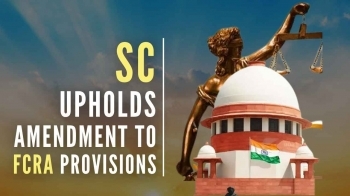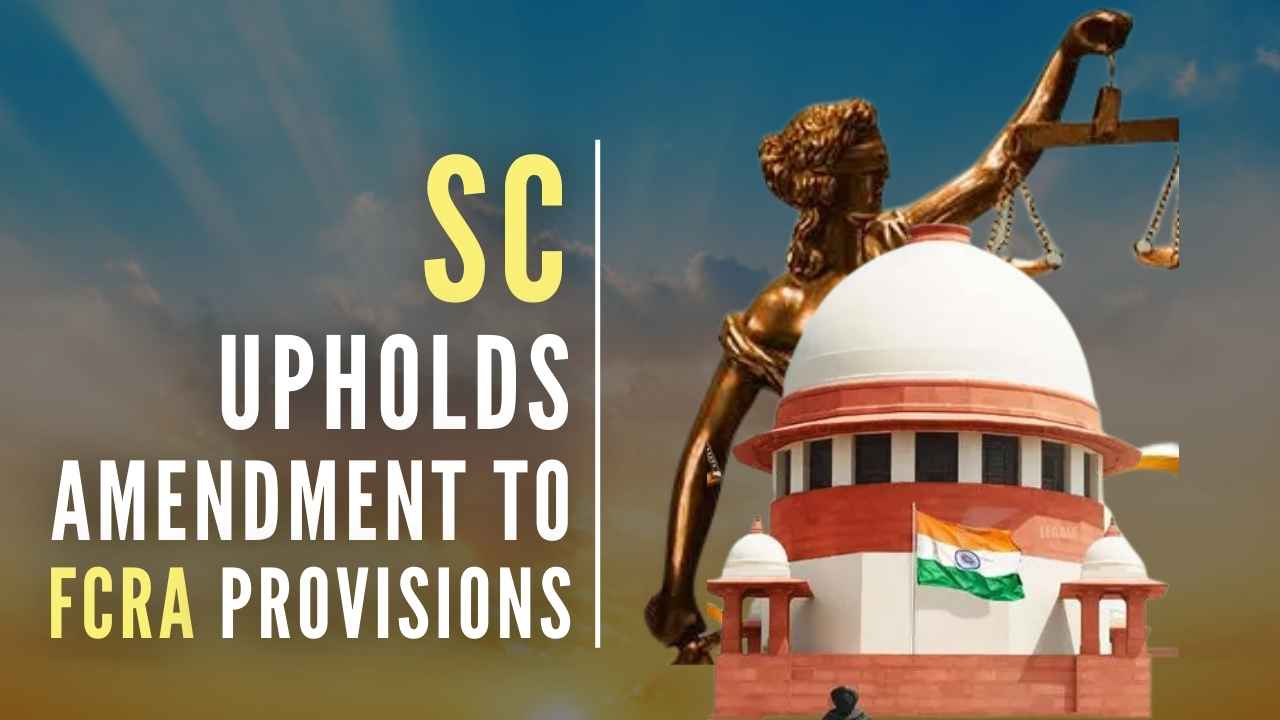
.png) Jaswant Kaur
Jaswant Kaur

They are back. For a while, we all felt that we could breathe freely, without masks. The government, too, had dropped their mandatory use as the number of Covid-19 cases dropped considerably. Of course, many of us were wearing them as a precaution.
Alas, the freedom was short-lived. The fear of a fourth wave of Covid-19 is now looming large. Cities like the national Capital have started witnessing a spike in the infection rate. The government has made the masks mandatory again to contain the invisible enemy.
It is being said that the new variant is much more transmissible than the original Omicron. After a break of two years, the schools have opened with full capacities. However, only children above the age of 15 years have been allowed to be vaccinated, putting a large majority under huge risk. In fact, the figures show that 27 percent of Covid patients hospitalised in Delhi are children.
We can only hope that this wave, if it comes, will vanish without doing much damage to us. One cannot forget the frightening scenes from the second wave, where people were dying for want of life-saving gas, oxygen, outside hospitals. Some had no food to eat. Some had no means to buy medicines for their loved ones.
Amidst all these chaos, one also recalls the exemplary work that the civil society organisations did to save lives. Many of their leaders themselves were gasping for breath, yet their teams were out in the field.
The government, too, relied on the social sector, be it for supply of food, oxygen cylinder or concentrators or medicines or for conducting vaccination drives or psycho-social counselling of Covid victims and their families. The disaster management authorities, be it at the national or the state level, conducted webinars to understand the ground reality and take suggestions from the non-government organisations (NGOs).
Despite all these, their wings were clipped when the Foreign Contribution Regulation Act (FCRA) was suddenly amended in September 2020, without taking them into confidence or without conducting any consultation with the stakeholders. Drastic changes were introduced to restrict the inflow and circulation of foreign funds. The sector which thrives on collaboration and partnership was given the dictum that they cannot transfer foreign funds from one NGO to another. If they raised foreign money, they can utilise it themselves for a given purpose.
The administrative cost, which essentially comprised salaries of key staff, was reduced from 50 per cent to 20 per cent. They were asked to open their FCRA account in a single branch of the State Bank of India in Delhi.
Receiving funds from overseas became an uphill task for the sector. Suddenly, they were struggling to get the forms and understand the procedure for opening their accounts, about which even the branch heads were not aware of. A report mentioned that more than 93 per cent of the NGOs had FCRA accounts outside Delhi. One can imagine the struggle the sector would have gone through just to receive the funds they raised for social causes and development
Many NGOs had to be closed as they had relied only on foreign funds all these years. Their funding partner no longer had the freedom of transferring funds (sub-granting) to them. All they could think of was to don the role of an implementing partner themselves, ringing a death knell to many small organisations. The staff of these NGOs were quickly absorbed by these funding-agency-turned-implementing partners, leaving the smaller NGOs with the so-called NGO heads and administrative staff.
What if an organisation wants to surrender FCRA registration? The procedure was equally taxing. Surrendering FCRA means surrendering the assets which were made from foreign funds, too, and allowing the government to take over. Imagine, a school constructed with foreign funds providing good quality education to say 1000+ children in a rural area, being suddenly acquired by the state authorities, for the simple reason that the NGO wishes to surrender its FCRA registration. All these were done in the name of maintaining the security and sovereignty of the country!
The process of FCRA renewals that began way back in early 2020 has not seen a closure till now. In fact, more than 16,000 NGOs have lost their registrations since 2014. They cannot receive foreign funds for reasons only known to the ministry of home affairs. As for others, they are clueless whether their registration will be renewed or not. Those who were lucky to get the renewal celebrated like they have received a multi-million grant! Yes, getting a FCRA renewal is being treated as a major milestone in their existence.
Small wonder that the foreign donations drastically reduced by 87 per cent from Rs. 16,490 crore in 2018-19 to Rs. 2,190 crore in 2019-20, the year for which the data is readily available in public domain. Now, the government should ask an important question -– how has such a drastic reduction in foreign grants helped in protecting the sovereignty of the country? If one compares the funds that we as a country raise through Foreign Direct Investment (FDI) the volume is much bigger than what the NGO sector raised! Is FDI not a threat to the nation?
Be that as it may, the only source from where the NGO sector could have expected some relief was the Supreme Court. A petition was filed immediately after these amendments were notified to question the constitutional validity of these amendments. Alas, the sector did not get any relief even from the apex court.
Incidentally, the same Bench of the same court had questioned the decision of the government and remarked that “you are discouraging NGO activities” in October last year. Surprisingly, the judgement announced earlier this month labels the “regulatory measures” as “effective” and in the “larger public interest, more particularly to safeguard the sovereignty and integrity of the country”. The Bench also praised Parliament for the “corrective” measures it had taken to eradicate mis-utilisation of funds under the old FCRA law.
Now, what has changed in these six months? Of course, only the judges would be able to answer this question. However, will the same judges comment in the same manner on the use of foreign funds for political purposes? With a tweak in the definition of foreign source in 2010, FCRA opened the gates for the foreign funds flow into the coffers of the political parties. Many NGOs have lost their FCRA registration purportedly for violating the law; will the political parties now face the heat too?
Yes, two leading political parties, including the one ruling the country, have been found to be violating not only FCRA but also the Representation of the People Act. What guarantee does the court have that the money is being put to good use?
Similarly, will the transactions in electoral bonds, which have been made airtight to the extent that even the Election Commission of India does not have the right to investigate, stand the court’s scrutiny when it comes to national security?
Incidentally, many petitions questioning the amendments and constitutional validity of electoral bonds are pending before the apex court. We can only hope against hope that the political parties will be treated just like the NGOs. After all, the court cannot be selective in its approach. We have been told repeatedly since our childhood that everyone is equal in the eyes of law. Will this hold true in these cases too?
(The writer, a company secretary, can be reached at jassi.rai@gmail.com)